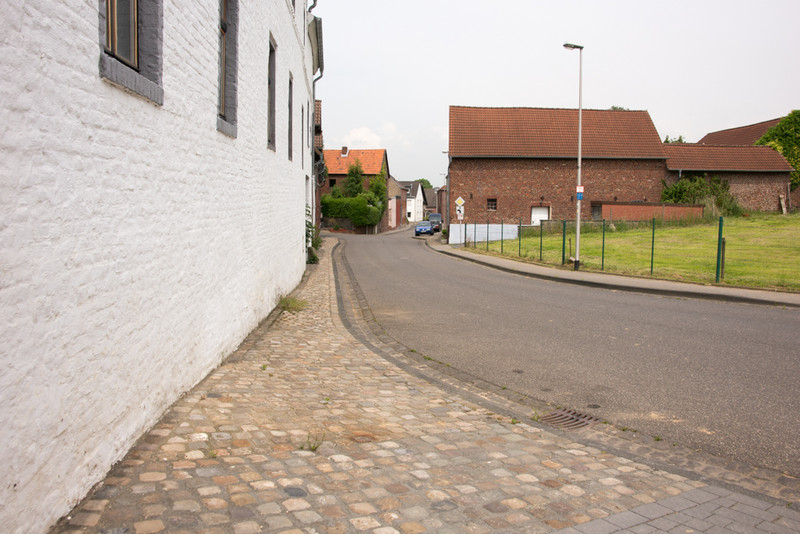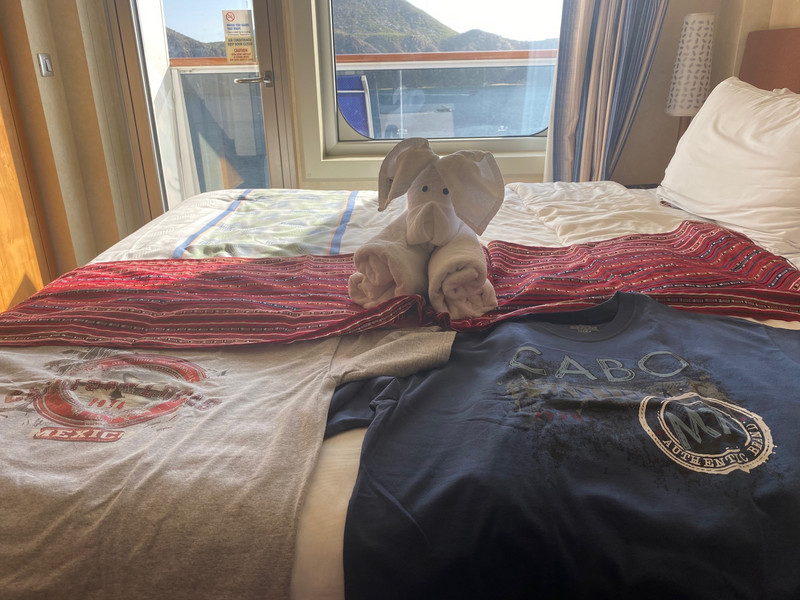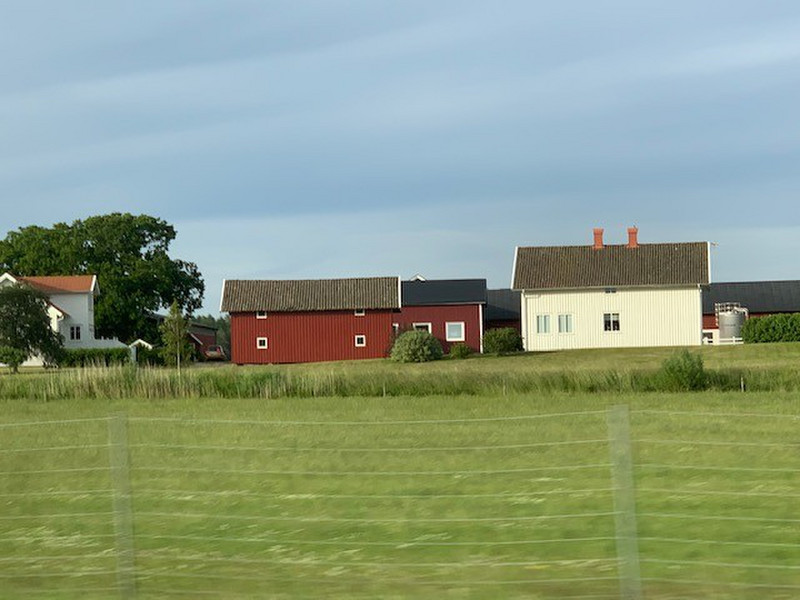In the fall of 1944 the Allied decided they need to take Aachen, the westernmost city in Germany, prior to an advance into the industrial Ruhr Basin. Aachen was an ancient city, heart of Charlemagnes empire, and for 6 centuries the place of coronation of the kings of the Holy Roman Empire.
A young lieutenant from Orangeburg SC was a member of an American division attached to the British Second Army, and his battalion had been ordered to take Prummern, a small village with a strategic hilltop location. Like many young men with some ROTC training, he had been pulled out of college early and hastily trained for war. The night they arrived in Prummern, he was hiding in a cellar and thought he was going to be discovered by a German officer, and tried to shoot him, but he had failed to take off the safety and the gun did not fire. The German went away.
The next morning he and two others were told to go set up an observation post about three blocks away. They had to cross a street near an embankment, and the enlisted man and the other lieutenant made it across.
They would later be captured by the Germans. The young lieutenant from Orangeburg was shot in the back attempting to cross the street. He crawled to the enbankment, looked over, and saw Germans everywhere. One of them saw him and shot him 5 more times with a machine pistol. He realized that his best chance for survival was to play dead, so he did that for several hours, at one point having to pull up his legs to avoid having them run over by a German tank. After hours of feigning death, things quieted down and he managed to stagger and crawl to the aid station near the church. They thought he was going to die, and were going to report him as killed in action, but someone else from Orangeburg recognized him and got them to report him as wounded in action in order to spare his mother. He was treated in the field, and then in a series of increasingly larger hospitals, eventually spending several months in treatment before finally returning to active duty about 10 months later.
Robert S. Adden made it through World War II, and went back to finish his college degree and to get an MBA and Ph.D. He went to The Citadel as a professor, and remained there his entire career, chairman of the Business Department. More importantly to this narrative he became best friends with my father, also a professor at The Citadel. Bob and Sue, along with their three children, became almost part of an extended family.
The last time I saw Bob and Sue was at Christmas a couple of years ago, when our family went over to sing Christmas carols at their front door, in the manner that Citadel kids had done for years.
Yesterday, we were on a day trip to Beaufort, and were actually in Beaufort National Cemetery, when we got a text from my sister that Bob was dying. The news was not unexpected because of his age (98) and health problems, but it hit the four of us with some gravity. We had been looking for people we knew at The Citadel who were buried in the National Cemetery, including: Col. Nugent Courvoisie, winner of the Bronze Star and survivor of the Battle of the Bulge, later made famous by Pat Conroy as The Boo; Maj. Elizabeth Courvoisie, Nugents wife, a retired Army nurse who lived most of her adult life with severe mobility issues after a Japanese bomb at Hickam Field blew up a medicine cabinet and drove glass through her legs; and Col. Reuben officer of the 504th (later 505th) Parachute Infantry Regiment, and winner of the Distinguished Service Cross (x2), Legion of Merit (x2), a Silver Star, a Bronze Star as well as several other medals, and who is now buried near his eldest son, a kid I played with on the Citadel campus, who was killed in action in Vietnam.









